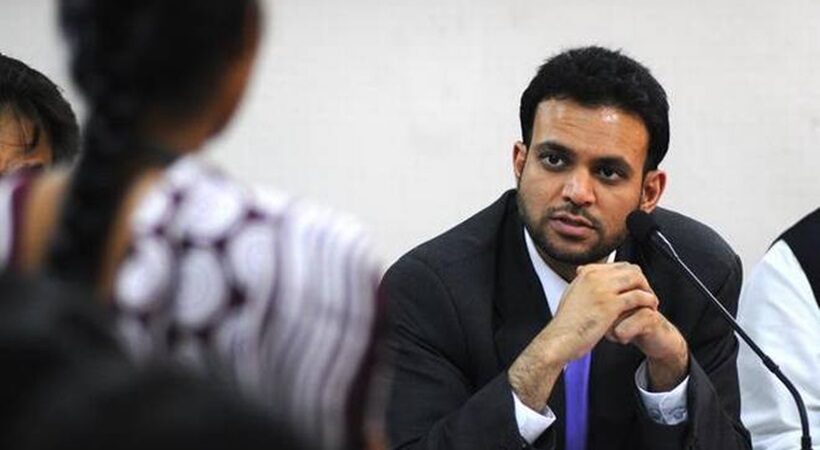US President Joe Biden has nominated Rashad Hussain, an Indian-American, as the Ambassador-at-Large for International Religious Freedom. If approved by the Senate, Rashad Hussain will be the first Muslim appointed to the key position.
“Today’s announcement underscores the President’s commitment to build an Administration that looks like America and reflects people of all faiths,” the White House said in a statement on July 30. “Hussain is the first Muslim to be nominated to serve as the Ambassador-at-Large for International Religious Freedom.”
The law degree holder currently works as Director for Partnerships and Global Engagement at the National Security Council. After completing his law degree from Yale Law School, Rashad Hussain pursued a master’s degree in Arabic and Islamic Studies from Harvard University.
Rashad Hussain, 41, served as the US special envoy to the Organisation of Islamic Cooperation (OIC) and the US special envoy for Strategic Counterterrorism Communications in former President Barack Obama’s cabinet. He also has been part of the Department of Justice’s National Security Division, the press release indicated.
He worked as a judicial law clerk to Damon Keith on the US Court of Appeals for the Sixth Circuit before joining the Obama administration. He has also been an associate counsel to the Obama-Biden Transition Project, as per the White House statement.
Apart from these, his work portfolio includes several high-profile roles in global organisations like UN, OIC, foreign governments, and civil society organisations, contributing to education, health, entrepreneurship, international security, science and technology etc.
Rashad Hussain also advocated antisemitism to protect religious minorities in Muslim-majority countries.
Along with his nomination, the White House announced that two other individuals, including Khizr Khan, to be appointed as a member of the US Commission on International Religious Freedom (USICRF).
The USICRF brings out the annual report on religious freedom across the globe after evaluating religious freedom and then designates violators of religious liberties.



















